Contact Yecla Tourist Office
Click Here
To contact Jumilla Tourist office please use the secure enquiry form provided below.
Contact Yecla Tourist Office on +34 968 75 41 04
Contact Yecla Tourist Office
Click Here
To contact Jumilla Tourist office please use the secure enquiry form provided below.
Contact Yecla Tourist Office on +34 968 75 41 04


Although the name of Yecla is synonymous with wine it is also home to significant olive oil production, and visitors are welcome to either visit the Deortegas olive oil mill or sample their exceptional Organic Extra Virgen Olive Oil, which is on sale in some of the wineries Bodegas and widely served in restaurants locally.
As anyone who pays a visit to this family run Almazara will rapidly learn, there’s olive oil and then there’s Ecological Extra Virgen Olive Oil, and the two are as different as chalk and cheese.
Almazara Deortegas is a family business with a full commitment to sustainable agriculture and the environment, a philosophy which extends to every element of their production and final product.
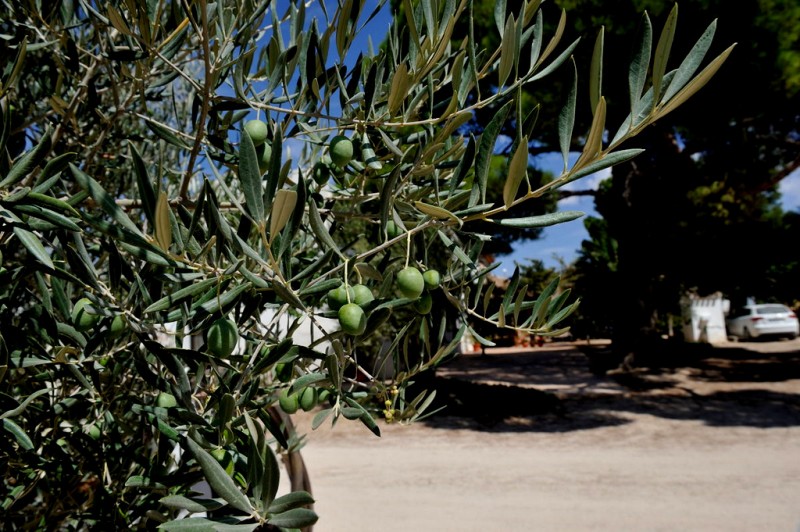
The attention to detail begins at the cultivation stage, with 40,000 trees on two plots in “Los Charquillos” and “Hoya Hermosa”. These are non-irrigated plots and by allowing the trees to fruit naturally, the resulting olives are entirely natural, balanced and packed with natural flavour without artificially induced water. This is a risky way to produce olives as the trees and harvests are susceptible to climatic variations, and drought years can reduce yields substantially, but intensive care of the trees, careful pruning and care for the ground surrounding the trees helps to establish a healthy base from which to cultivate the crop.
Ecological agricultural practices prohibit the use of chemicals so natural pest control methods are used and the trees are grown within environmentally protected areas.
This attention to detail continues as a harvest day is selected for each parcel. The olives must be half-green, half-purple, so that the flavour is at its most intense. They are milled on the same day as they are picked, so that no flavour is lost.
Olives are harvested and processed in small batches so that no damage is sustained between harvest and pressing. They are fresh and flavoursome and are not left to sit between the two processes taking place.
Milling is a cold-press method and the resulting oil is left to decant naturally, the result being an intensely flavoured organic Extra Virgen mono-variety oil.
Deortegas produces three distinct oils using three different olives; Arbequina, Picual and Cornicabra, as well as a blended oil containing all three.
The differences between the three varieties is clearly demonstrated to visitors who participate in a blind tasting, which also explains the differences between other grades of oil, including the bulk oils sold in supermarkets.
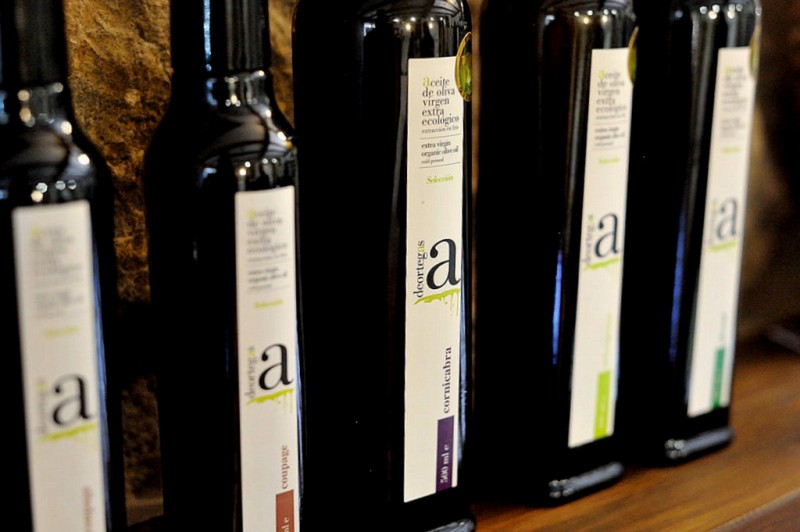
Arbequina - The arbequina olive tree is a medium-sized, slow-growing tree which produces fruit from a young age. It’s very tolerant of a range of climatic conditions and different soil types. Olives are small and oval with a delicate violet blush when ripe and have a concentrated flavour which varies depending on the location, water availability, soil type and climate.
An early harvest yields a fruity green oil, while the olives harvested at perfect maturity have a high fat content, around 20.5%, and produce a fresh, smooth, fruity oil.
This oil is perfect with a green salad or one containing tomatoes or onion, but also complements cheese and nut salads perfectly well. Drizzled onto bread, smeared with tomatoes, and topped with fresh cheese it needs no other accompaniment and is perfect for grilled vegetables or rice dishes.
It is equally good with white fish, such as hake or sole, as well as white meats such as chicken.
Arbequina has a shorter shelf life than other varieties of olive oils and is at its best within a year of harvesting.
This oil is high in Vitamin E.
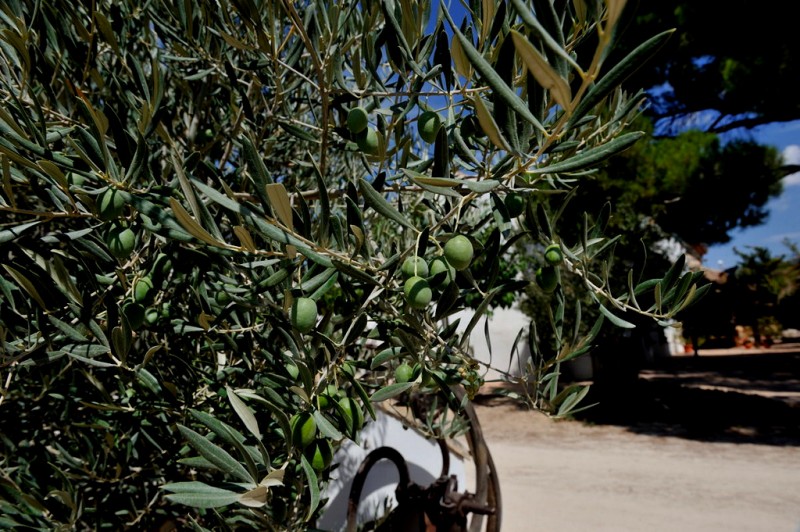
Picual
Picual is a vigorous, highly productive olive, adapting well to varied soil conditions, although it has less resistance to drought. It is the most important single variety in this country, accounting for 50% of olive groves in Spain and 20% worldwide.
Fatty acid composition can reach up to 27% and contains a high level of natural antioxidants, monounsaturated oleic acid (important to avoid cardiovascular diseases) and a low content of linoleic acid. It is the most stable oil in the world, with a long shelf life, and performs excellently when heated for cooking.
Used as a table oil it is distinctive and full of character, with a robust and intense flavour which enhances Mediterranean cuisine.
Picual is smooth, yet with a hint of spice and a slight edge which makes its flavour more intense. It tastes, strange as it may sound, exactly how an almazara olive mill smells when the olive is being milled and an external door is opened into a room heavy with the piquant smell of freshly crushed piqual flesh.
It marries perfectly with tomatoes, thyme and rosemary, with salads containing any type of pickled vegetable or an element of vinegar. Its fresh flavour balances oily or smoked fish, and tuna, cod, garlic prawns or any denser fleshed fish are lifelong partners!
Cornicabra
The Cornicabra olive is gaining ground in Spain as it tolerates a wide range of conditions, coping with both drought and frost. It is now the second most widely cultivated variety throughout Spain and the third largest in terms of olive production.
The olive produced has a distinctive horn-like shape, hence its name (corno=horn) and the is a strong violet colour when ripe. Its fatty acid composition is lower than other varieties and the oil is stable and long-lasting.
The oil is smooth, buttery, and sweet on the lips, and leaving a warm peppery sensation in its wake. It is fabulous with eggs and is the preferred choice for tortillas and warm scrambled eggs (revueltos) which can incorporate acelga, spinach, courgettes, mushrooms or shavings of earthy truffles. It’s an excellent oil to use when frying or as a base for stews and hearty soups.
Deortegas has been particularly successful with its Cornicabra, winning several major prizes in olive oil competitions worldwide.
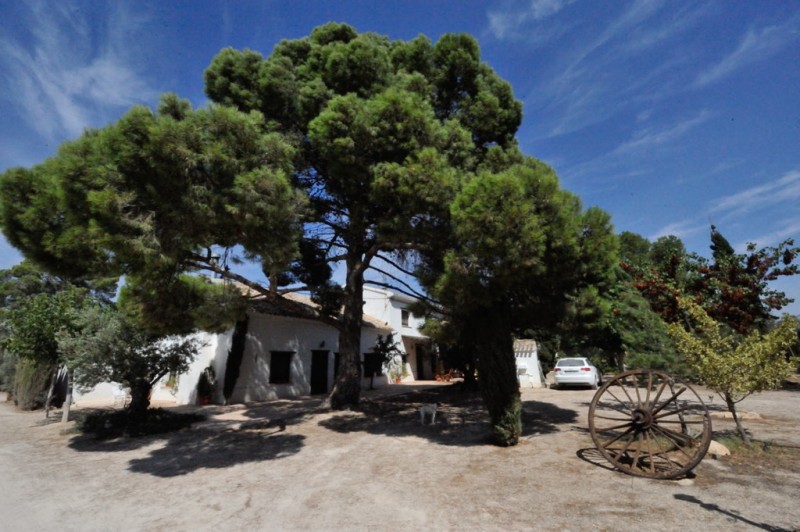
Purchases
Visitors to the mill can purchase oils in 500ml or 250 ml bottles as well as 3 and 5 litre bulk cans. Gift boxes are also available.
Products can be purchased on-line, but order early or late in the week as the company won´t despatch products on a Friday to avouid spoilage over the weekend.
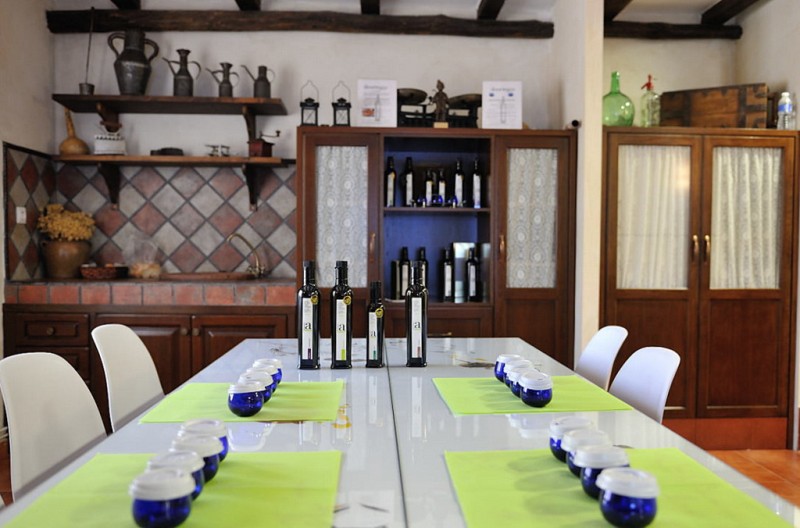
Visits to Deortegas
Visitors are welcomed on tours of Deortegas Almazara.
During visits the whole process of olive oil production is discussed, from the olive tree to the finished product. The tour shows machinery used to produce the oil, discusses the cultivation of, and differences between, the trees grown.
In an introductory tasting you can learn about history, curiosities, nutritional aspects, health benefits, quality classifications, culinary uses and the horrors of what actually goes into supermarket “olive oils”!
Finally visitors are guided through a blind tasting and a healthy breakfast with the Deortegas organic extra virgin olive oils accompanied by good country bread.
All visits must be arranged in advance as the tasting room only has limited capacity and English speaking staff must be booked, but in principle visits are scheduled on the 4th Saturday of every month at 10.00.
These visits cost 8 euros, and include olive oil tasting and bread. A minimum group size of 6 is required and space in the tasting room is limited to around 15 people. During the warmer months it is possible to accommodate larger groups outside.
If smaller groups would like to visit, contact Deortegas regardless, and the visit can be combined with other smaller groups or a larger group.
Alos available is a Desayuno molinero: a country breakfast with rustic bread and all 4 varieties of oil produced at Deortegas along with cheese, tomato and a coffee. A visit to the press is also included. Price 10 euros per person, minimum group size 6. Again, bisits can be conducted in English.
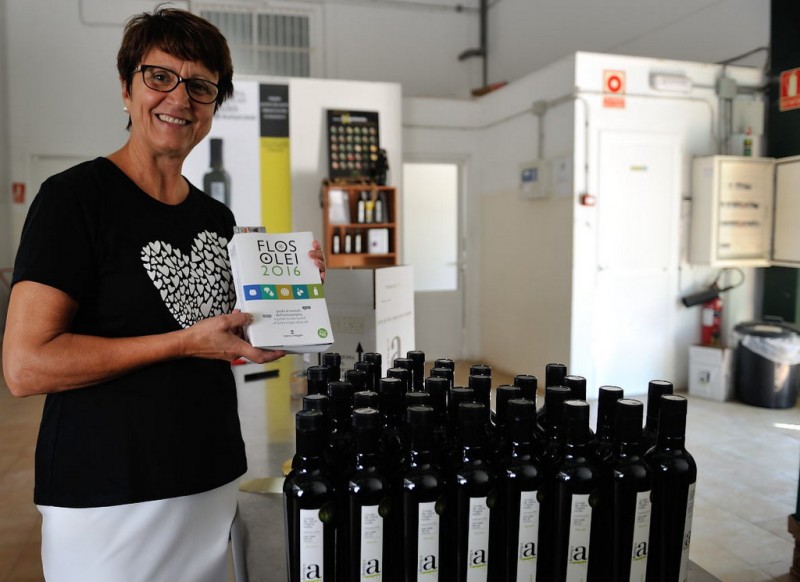
Contact details for Deortegas
Address: Carretera de Pinoso, Camino del Ardal, km. 5 Paraje Pinillos, 30510 Yecla (Murcia) Spain
Tel: +34 968 969 644
Web: www.deortegas.com
E-mail: info@deortegas.com (general information)
Further information can also be found at www.rutadelvinoyecla.com.
If visiting Yecla don’t forget to make sure your first port of call is the tourist office (Plaza Mayor, 1, telephone 968 754104, email turismo@yecla.es).
For more local events, news and visiting information go to the home page of Yecla Today.